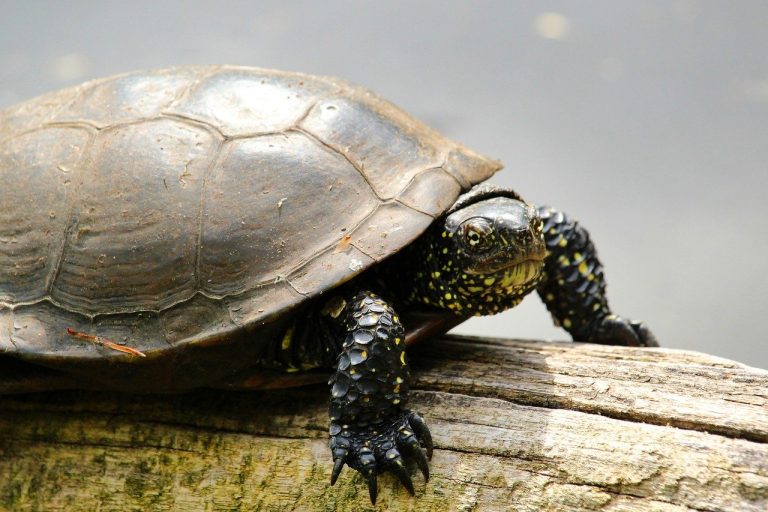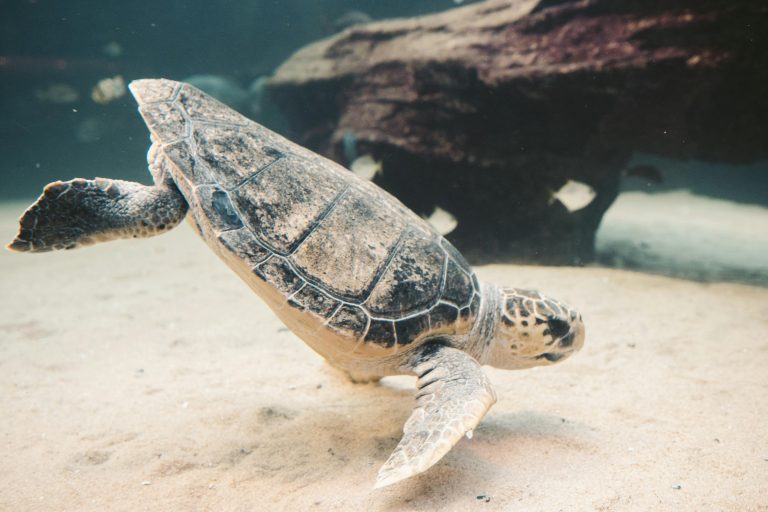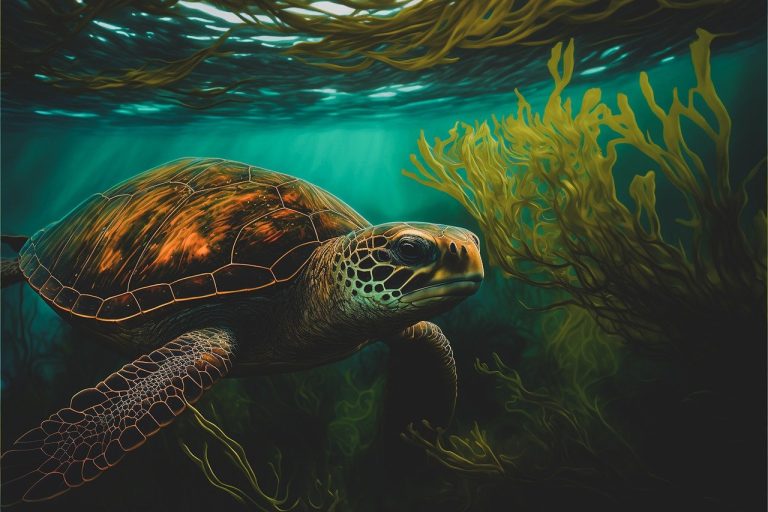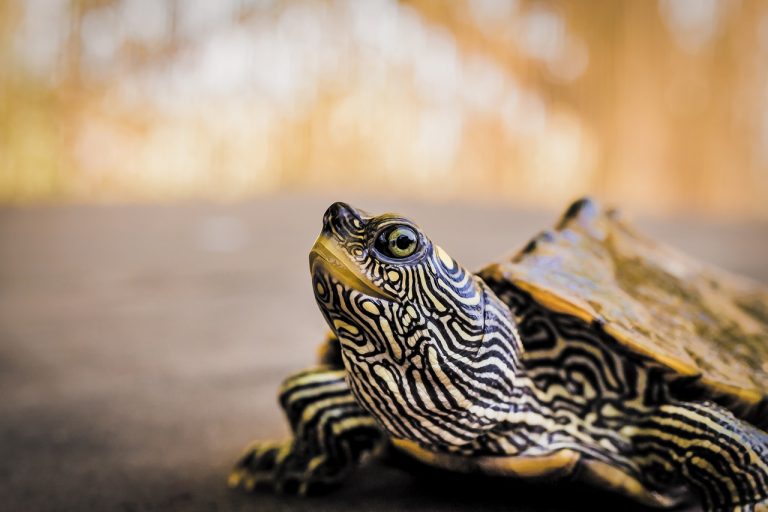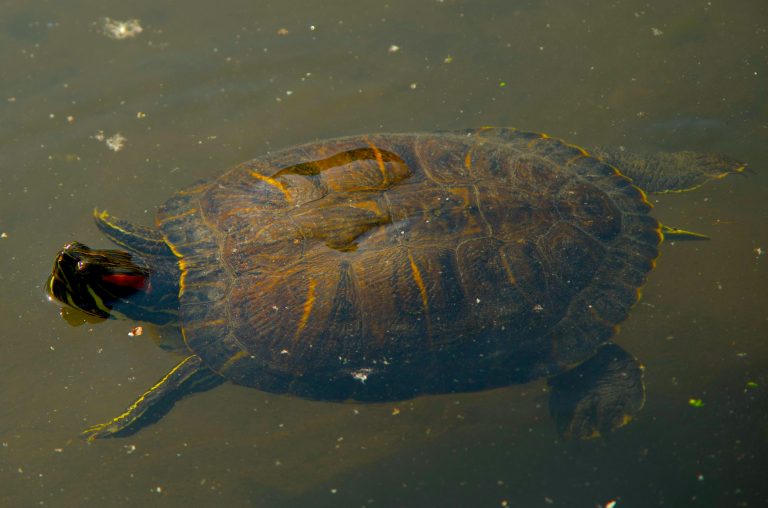Do Turtles Hate Black Color?
You might have stumbled upon a few intriguing videos circulating on the internet, featuring turtles or tortoises seemingly targeting black-colored shoes with a peculiar intensity. These reptiles exhibit a notable indifference towards shoes of other hues, yet they actively engage with objects of a darker shade. It begs the question: do turtles harbor a disdain for the color black? Are they, in essence, displaying signs of racism?
Now, let’s pause for a moment before jumping to conclusions. While there isn’t concrete scientific evidence to support the notion that turtles inherently despise the color black, it’s undeniable that some of these creatures have displayed a certain level of hostility towards objects of this hue. However, labeling turtles as racist based on such observations would be an oversimplification.
So, why the aversion to black? What drives these reptiles to react in such a peculiar manner? Well, there could be several factors at play, and I’m here to shed some light on the matter for you.
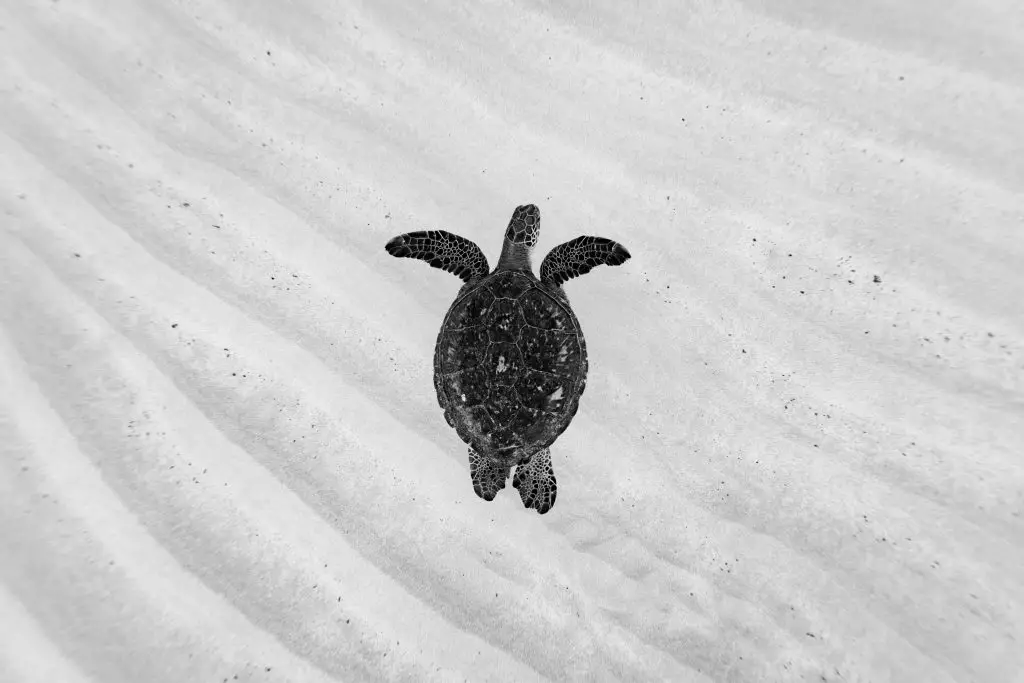
Are Turtles Racist?
Ah, the mystery of the black shoe and the tortoise’s unexpected hostility! It’s quite the spectacle, isn’t it? As you’ve likely noticed, the comments section of those TikTok videos is abuzz with playful accusations of turtle racism. Yet, behind the laughter and jest lies a genuine curiosity about what drives such peculiar behavior.
Indeed, while humans might find amusement in the situation, it’s essential to recognize that for the turtle involved, it’s no laughing matter. So, what could possibly be behind this bizarre act? What motivates a seemingly innocent tortoise to single out a black shoe for its ire?
Let’s delve into the heart of the matter and explore the real reasons behind this curious behavior.
Before we leap to conclusions and attribute human-like emotions and motives to our shelled friends, it’s crucial to remember that turtles operate on a vastly different cognitive level than we do. Their perception of the world, including colors, is quite distinct from our own.
You see, turtles possess an additional receptor gene known as CYP2J19, which means they perceive the world with a slightly reddish tint compared to our vision. This unique perspective shapes how they interact with their environment, including differentiating between various colors.
So, when a turtle exhibits aggression towards a black object, it’s not a case of harboring a deep-seated hatred akin to human racism. Rather, it’s often rooted in instinctual behavior. You see, in the wild, turtles have natural predators, many of which sport dark-colored coats. Therefore, encountering a black object may trigger a primal fear response, as they associate it with potential danger and instinctively react to protect themselves.
In essence, while it may seem amusing to us humans, for turtles, it’s a matter of survival instinct rather than any malicious intent towards a particular color.
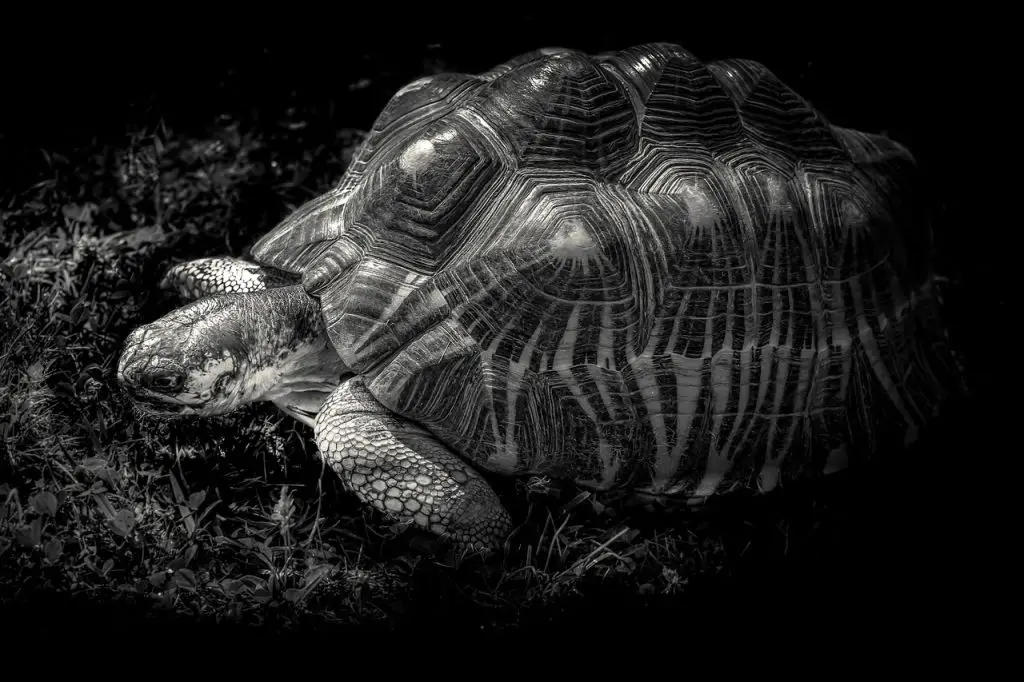
Why Do Turtles Hate The Black Color?
If we take a moment to ponder, it becomes clear that many of the predators that pose a threat to turtles are cloaked in black or dark hues. Consider, for instance, the stealthy snakes and ominous birds, like crows, whose dark plumage serves as effective camouflage. Even formidable predators like coyotes, raccoons, and crocodiles often sport dark coats, blending seamlessly into their surroundings. It’s no wonder, then, that encountering black objects might trigger a sense of unease in turtles, evoking memories of their natural adversaries.
Moreover, let’s not overlook the fact that tortoises themselves boast a dominant black hue on their shells. The shape of an object could further contribute to a turtle’s reaction, as they may mistake it for a potential threat or rival. You see, turtles aren’t always the best at distinguishing between objects and may inadvertently attack something they perceive as another turtle or animal.
So, it’s not accurate to say that turtles harbor a deep-seated animosity towards the color black. In truth, most turtles don’t hold any specific aversion to it. Rather, their reaction stems from a primal instinct to protect themselves from perceived threats. The sight of black can evoke feelings of stress and fear, prompting a defensive response.
In most cases, turtles prefer to evade danger altogether or retreat into their shells as a last line of defense against predators. They only resort to fighting back when all other options have been exhausted. It’s a survival mechanism ingrained deep within their instincts, rather than a deliberate act of aggression towards a particular color.
Last Words…
While the sight of turtles seemingly attacking black objects might appear comical to us, it’s essential to understand the underlying reasons behind their behavior. Turtles, with their unique perception and instinctual responses, are simply reacting to what they perceive as potential threats based on their natural environment. The presence of black objects may trigger memories of their dark-colored predators or lead to mistaken identity, prompting defensive actions.
It’s crucial to approach such observations with empathy and a deeper understanding of the complexities of animal behavior. Rather than attributing human-like emotions or motives to turtles, we should appreciate their innate survival instincts and respect their natural responses to perceived dangers. By doing so, we can gain a deeper appreciation for the fascinating world of these remarkable creatures and the intricate ways in which they navigate their environment.
